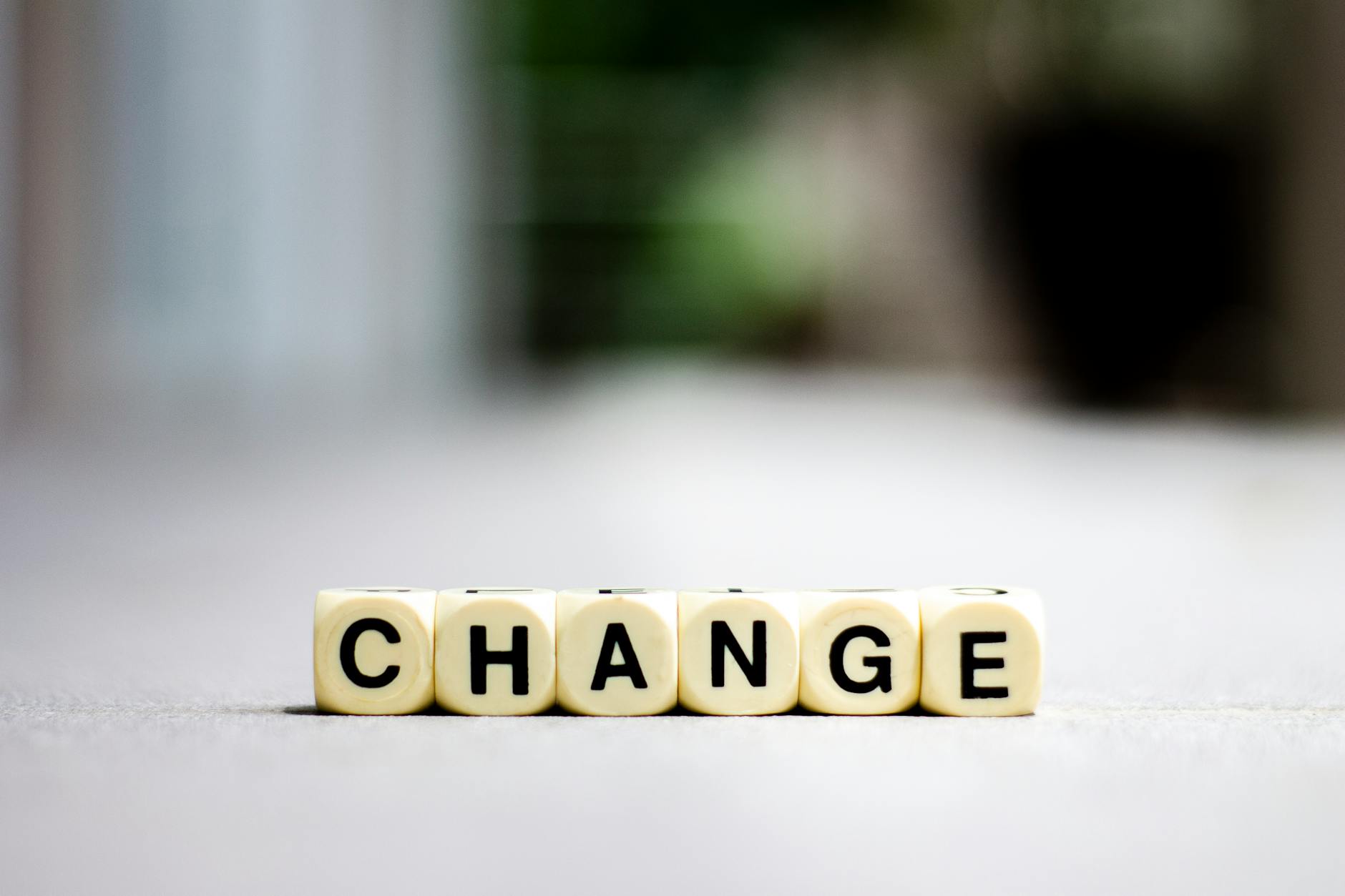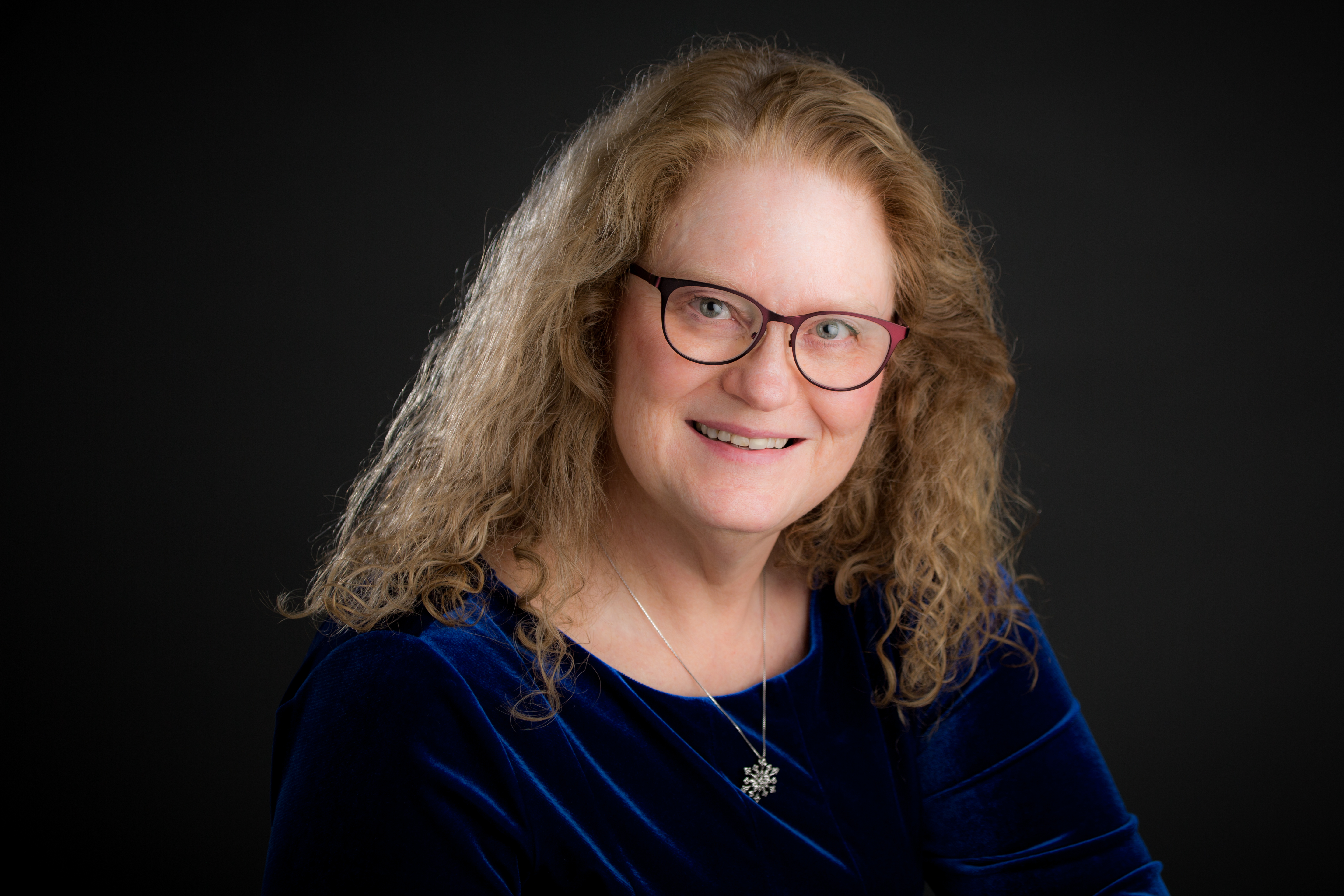A Thought Can Be Changed

“The only thing we are ever dealing with is a thought, and a thought can be changed.” ~ Louise Hay “Progress is impossible without change, and those who cannot change their minds cannot change anything.” ~ George Bernard Shaw Introduction People have a tendency to believe that their thoughts are facts, even though getting distance … [Read more…]
